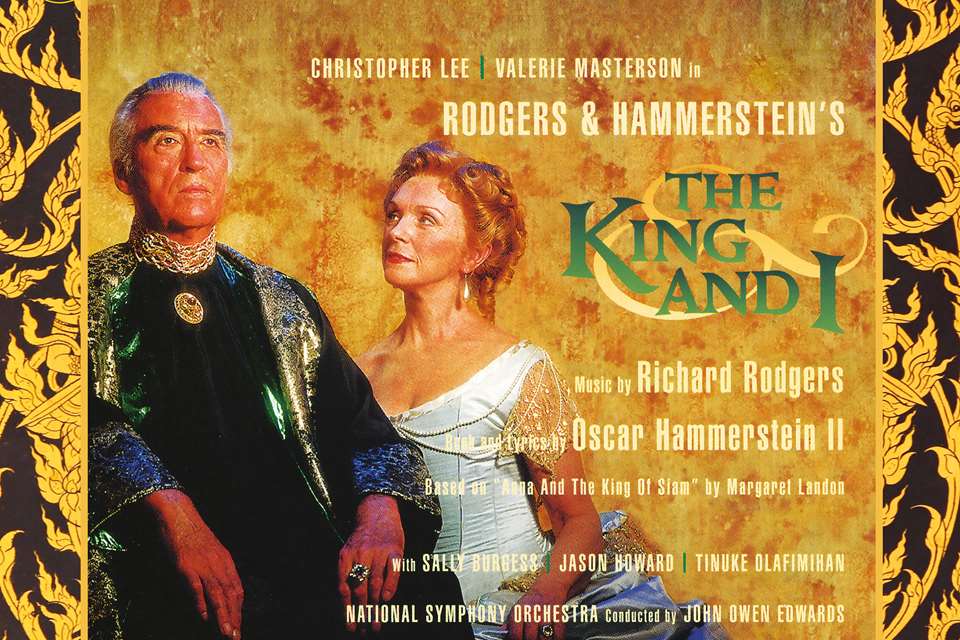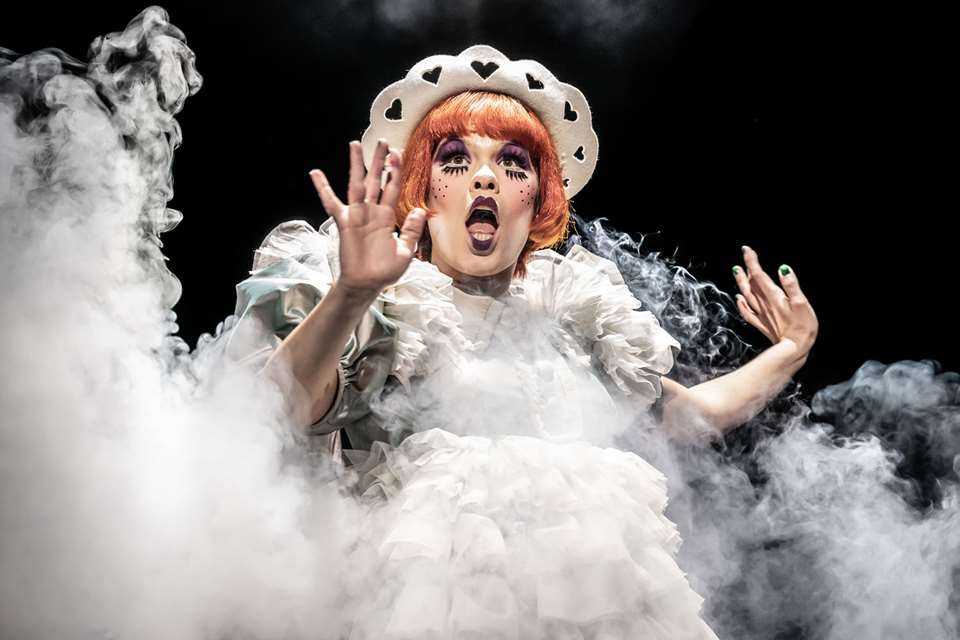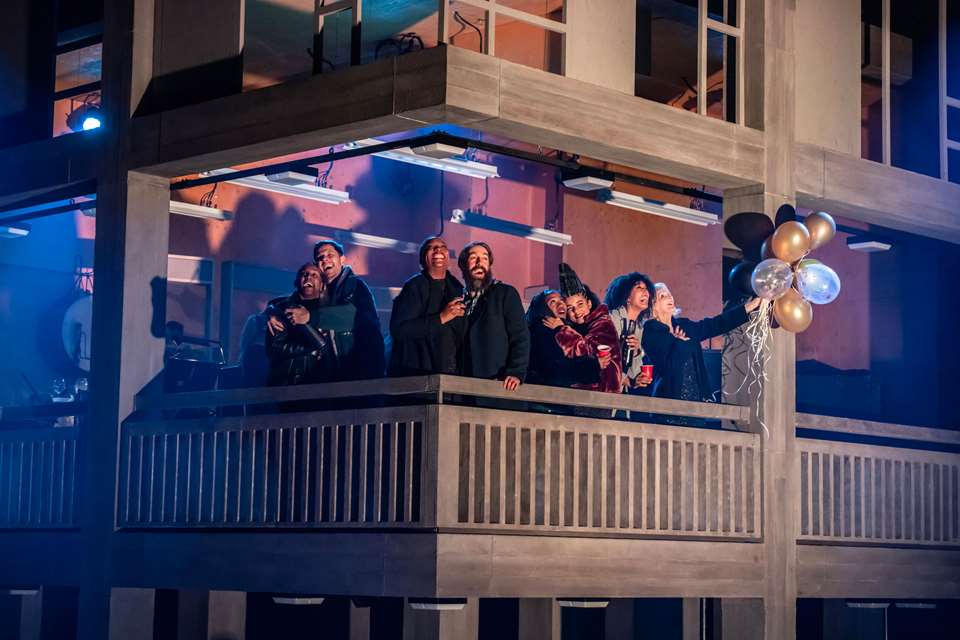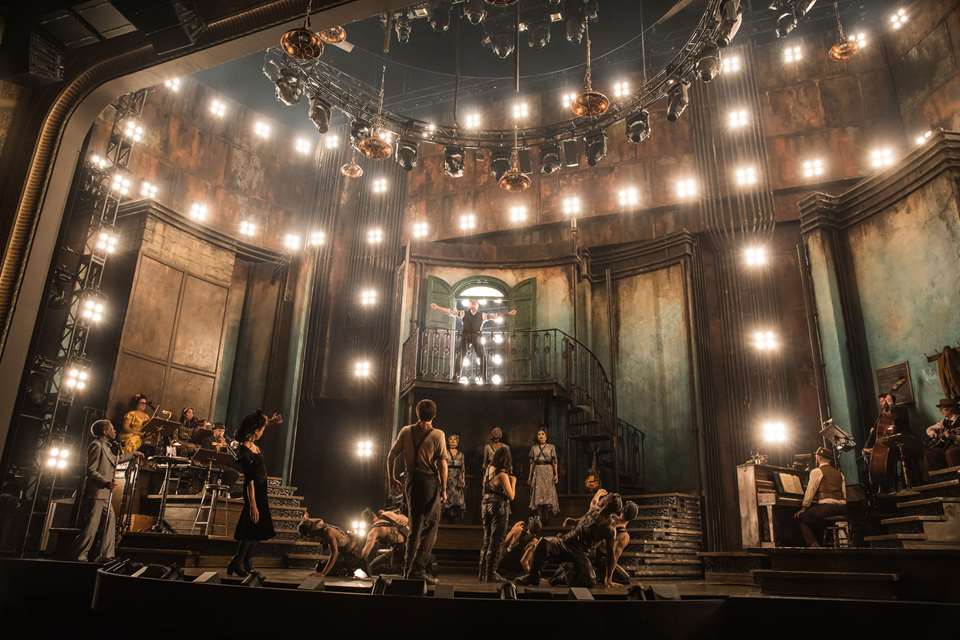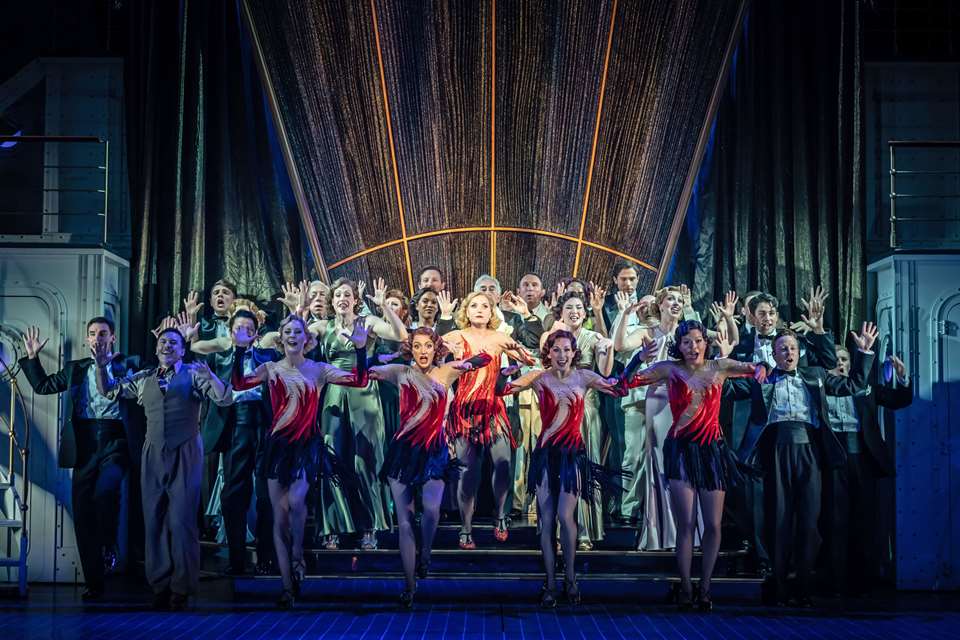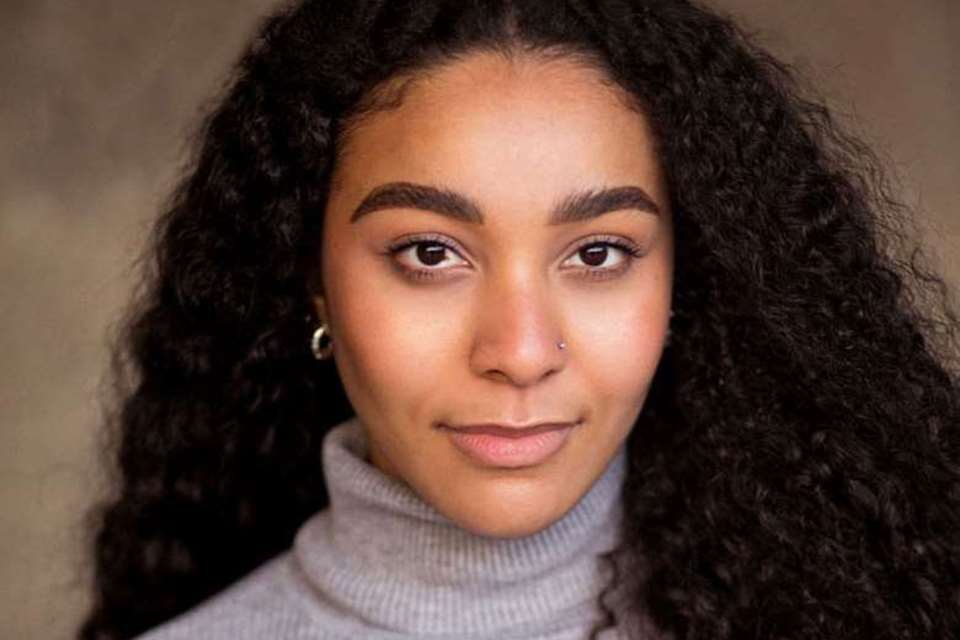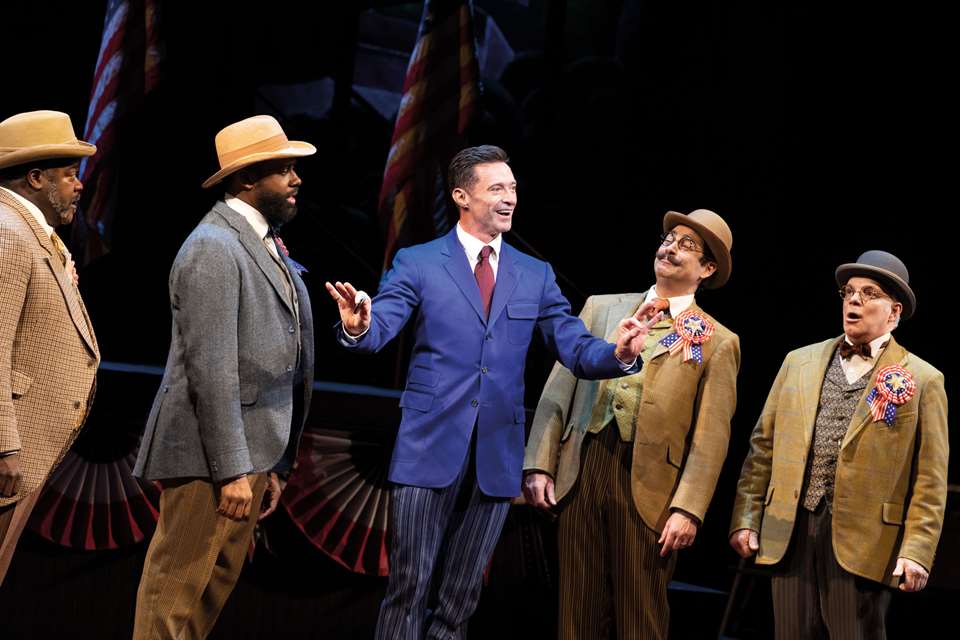Helen George interview: ‘There are so many talented people… I had to know I wasn’t doing a disservice to anybody’
Tim Bano
Thursday, March 28, 2024
She may be best known for playing Trixie in TV’s Call the Midwife, but Helen George, now starring as Anna Leonowens in The King and I, also has a background in Musical Theatre. Tim Bano meets her, and discovers a steely determination to defy stereotypes and carve out a career that feels meaningful and authentic – whether onstage or onscreen
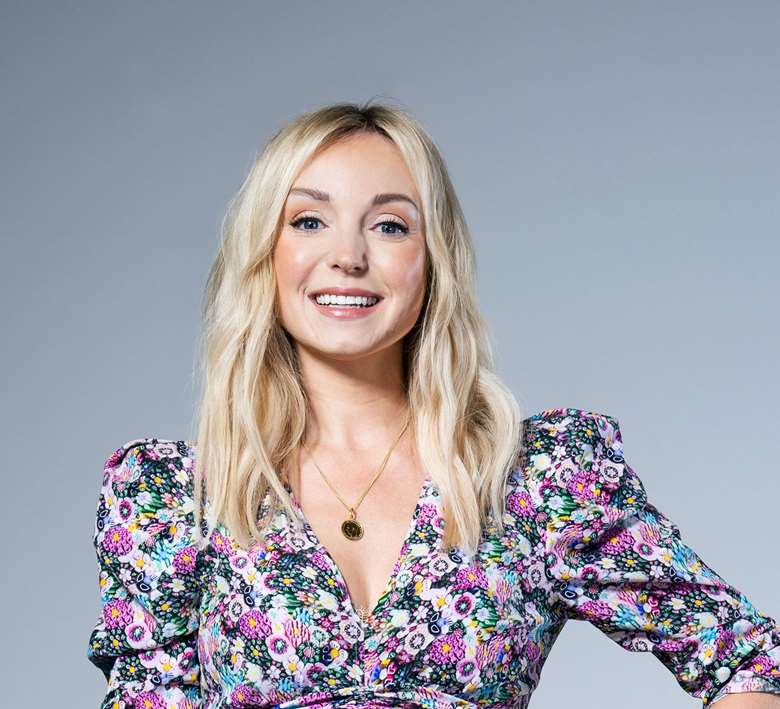

Register now to continue reading
Thank you for visiting MusicalsMagazine.com. Sign up for a free account today to enjoy the following benefits:
- Free access to 3 subscriber-only articles per month
- Unlimited access to our news, podcast and competitions pages
- Free email newsletter
